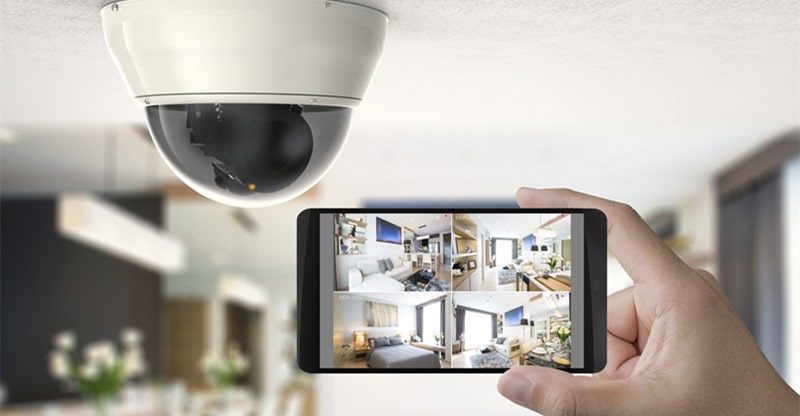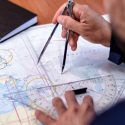Prioritizing the Safety of Your New Apartment
Apartment living comes with its own unique set of safety challenges. When you’re living in an urban setting and in close quarters with people surrounding you, keeping your home and your family safe should always be a top priority.
Whether you want to make sure you’re prepared for natural disasters or emergencies, or you’re trying to keep yourself and your family safe from intruders or people who want to cause harm, there are things you can do to protect yourself and your living space.
Keeping your apartment safe can require different things than keeping a traditional home secure. Whether you’re new to apartment living or need a refresher course, let’s dive deeper into how you can prioritize the safety of your new apartment.
Having the Right Essentials on Hand
You never know when an emergency will strike. Your apartment could flood if you’re on a lower level. The power could go out. The complex could get damaged from storms or high winds.
While there are some things your landlord should take care of, it doesn’t mean you can’t prepare yourself for any potential safety situation. Having a few essentials on hand will make you feel better about keeping yourself and your family safe. So, consider investing in certain safety items, including:
• First aid kits
• A surge protector/power strip
• Fire extinguisher
• A disaster kit
When it comes to a natural disaster, it can often feel impossible to be totally prepared. But, that doesn’t mean your building can’t be hit by strong storms or blizzard conditions. Expecting the unexpected is crucial when you’re trying to stay safe.
Protecting Yourself From Intruders
One of the best things you can do before moving into an apartment complex is to ask about security precautions in place. Many apartment buildings will, at the very least, have an alarm system and security cameras.
But, you can take it upon yourself to go one step further. Consider investing in your own home security system, including cameras and/or smart technology that will allow you to monitor every inch of your apartment, including the exterior entryway, from your phone.
You should also do what you can to make your apartment less attractive to burglars. Certain things may increase your risk of a break-in, including living on the bottom floor, having a traditional lock-and-key system, and having valuable items visible from the outside. If you have open windows or sheer curtains, and people can see things like an expensive sound system or television, they’ll be more tempted to target your place.
Talking to Your Manager
Your apartment landlord or manager should be willing to work with you every step of the way when it comes to the safety of your unit. They aren’t only responsible for regular maintenance of your apartment, but they should take the right precautions to keep you and all of their tenants safe.
That includes things like using data to assess crime issues, structural safety, and even fire risk assessments. Apartment fires can be huge problems that impact everyone in the building. Make sure to talk to your manager about implementing the right fire safety strategies, including:
• Smoke detectors in every unit
• Installing sprinklers
• Posting clear escape routes
• Maintaining fire safety equipment
From natural dangers to dangerous people, prioritizing the safety of your new apartment will give you and your family the best chance of feeling comfortable and secure in your living space. There’s no reason apartment living can’t be just as safe as homeownership – it just might take a few extra precautions to get there.



